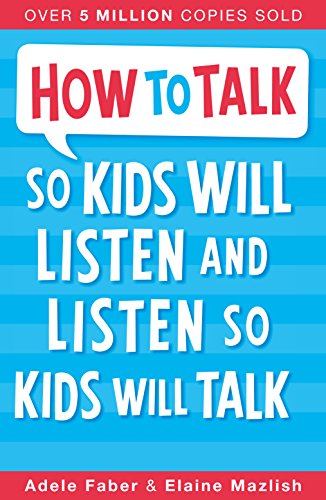How to get your kids to talk to you about the things that matter
In my years working with kids I’ve had uncomfortable conversations, been called some outstandingly rude names and sat in silence for whole hours.
But I’ve also learned a lot.
About what really goes on in kids’ heads.
About how the pressures have changed since I was their age.
About how some kids are just barely keeping their head above water.
The most important thing that I learned in those hours?
*This post contains affiliate links for products of interest. Clicking them takes you through to a website and if you buy we receive a small commission. This helps us to keep on writing! Thank you.*
That I need to stop talking and listen.
I’m not kidding. In fact, I’m embarrassed about how long it took me to figure that out.
The thing about us adults is that we think we know it all. No sooner has a young person had the courage to speak out than we rush in with our fix-it hat firmly in place.
Friends being mean? Let me tell you what to say to them.
Struggling in class? I’ll talk to the teacher.
Just because our intentions are good, doesn’t mean it’s okay.
I’ve become better over the years at asking myself one really difficult question.
Am I really trying to help them or me?
Because it feels good to help.
It feels great to have the answers and dish them out like sweets.
It made me feel smart, helpful and oh-so grown up.
Until I realised this: the smarter I feel, the less opportunity I’m giving them to feel smart.
Think of the times when you’ve had something bothering you. How helpful was it when someone immediately began telling you what to do?
Sure, you wanted someone to listen and empathise, to help you figure it out. But just tell you what to do?
Not so much, right?
I’m not saying that there isn’t space for comforting young people when they need it. I’m saying that if we trust them, they begin to trust themselves. To have the confidence to try things out. And fail. And then try again.
So, when your kids roll their eyes, mutter under their breath or straight up tell you how dumb your idea is:
Take the hint.
Maybe your idea is dumb. Maybe it isn’t. It doesn’t really matter. When kids tell us something important they aren’t looking for us to fix it.
They want us to hear - really hear - what’s been said with empathy and love.
When you show them you'll listen, they'll want to talk to you.
Because the truth is, growing up is a training ground. Telling your child what to do in an emotional situation is the same as taking their pen out of their hand to write their homework out yourself. They’ll never learn if they don’t get to practise.
Some of my best work has just been sitting alongside a young person and really hearing what it was like to be them. Some of the most revealing conversations have come out of the blue, walking down a corridor. When I least expected it. After they’ve already told me all the things I didn’t think were important about their friends and their homework and the new science teacher who’s a little weird.
When I just stopped and listened rather than digging it slipped out so easily, a little sliver of truth about how hard things are right now.
And then I just kept on listening, holding the space for them to figure it out themselves.
So, that’s my story.
It’s up to you how you connect with your family.
All I can tell you is that when I stopped planning and digging and fixing was when they really started talking.
So maybe be a bit less clever.
Just listen.
RELATED RESOURCES:
If you want to learn how to be a better listener, the 'How to Talk/How to Listen' series is a must-read. The three books, intended for parents of young children (aged 2-7), older children (8+) and teens, are full of practical advice and helpful scripts to help you know exactly what to do in the moment.






